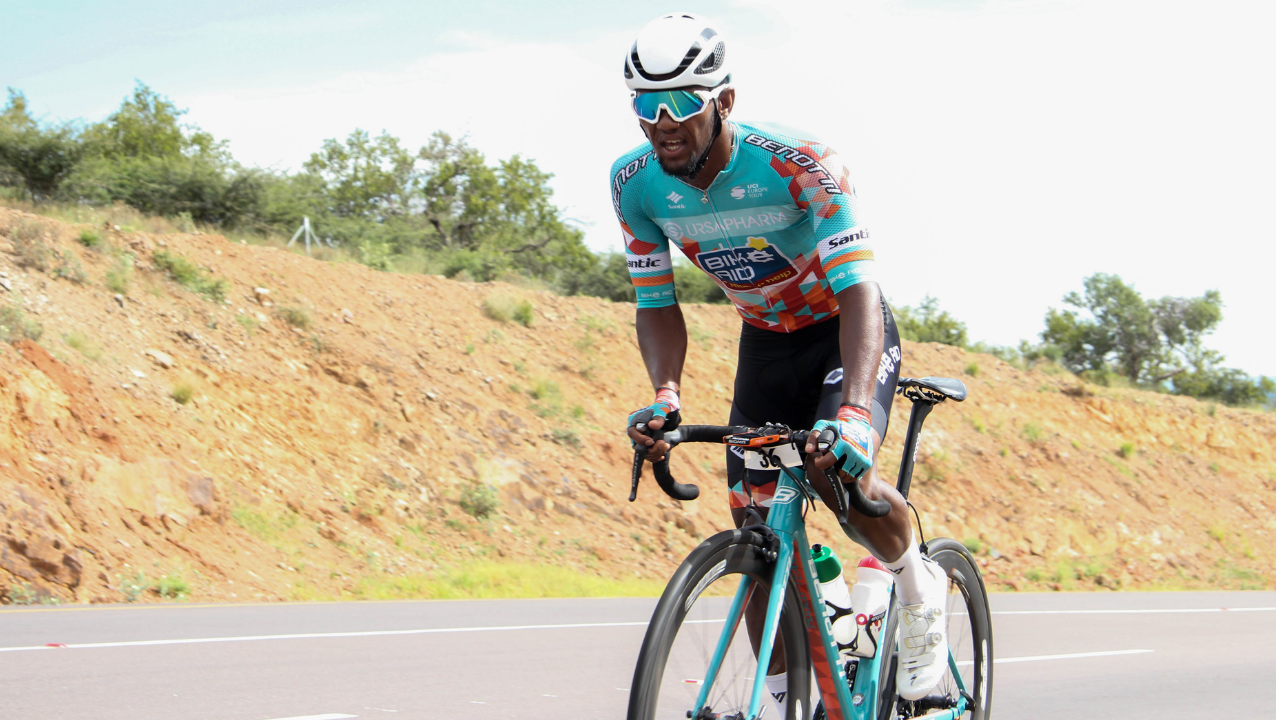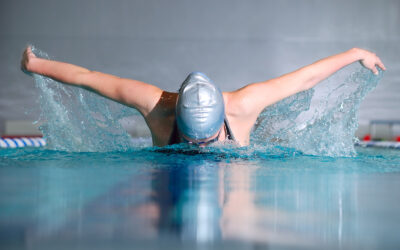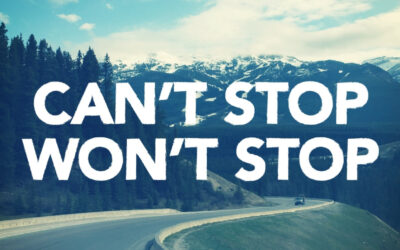The century ride is when you can cash in on all your bike hours in one long effort. All the training miles you’ve done, however, won’t replace a smart eating plan for the event. A successful 100 mile ride is dependent on maintaining your energy level over the distance.
Carbohydrate – The Star Fuel
The primary fuel utilized by the body during a long distance effort is carbohydrate. Glycogen, the stored form of carbohydrate is found in the muscles and liver in a limited supply, only enough to last for a few hours of riding. And the higher the intensity the faster the supply will be consumed. Although even the leanest cyclist has an ample fat supply to last the length of a century this fuel source cannot be used without carbohydrate. Fat burns in the flame of carbohydrate.
Carbohydrate Loading
Before an endurance event topping of glycogen stores is a common practice. A strict regimen can be followed which involves glycogen depletion followed by super loading. This process can be difficult to follow and result in low energy during the depletion phase and gastrointestinal distress during the super loading phase.
A simpler strategy which I personally follow, is to taper activity level while maintaining a high carbohydrate diet where carbohydrate comprises ~60-65% of total calories for the week preceding the event. The 70% solution is another option where carbohydrate percentage is 70%, fat 20%, and protein 10% for two to three days leading up to the ride.
Don’t be alarmed if you gain weight while carbohydrate loading. This is a sign that you are doing it right. Every gram of carbohydrate is stored with three ounces of water.
The Pre-Century Meal
Although many events offer a pasta feed the night before the ride this is not when you want to gorge yourself with only carbohydrate. The best time for the big carbohydrate meal is two nights before or at breakfast or lunch the day before so your body has time to digest and store the fuel. The night before the event eat a balanced meal of familiar foods. My typical pre-event dinner is a salad or vegetable, chicken or steak, and a starch of potato or couscous.
The Century Breakfast
A word of advice – during training rides try different foods for breakfast and find what works best for you. DO NOT change your eating routine on the big day and jeopardize your chances for a victorious finish. Your morning meal should center around carbohydrate. The earlier you eat the more you should have. Nancy Clark recommends 2 grams of carbohydrate per pound of body weight four hours before the ride and 0.5 grams per pound one hour before the ride. Avoid foods high in fat, protein, and fiber.
On the morning of an event I start by drink a bottle of water upon waking. About 1-1.5 hours before I’ll have a bowl of oatmeal with nuts and dried fruit, coffee, and a glass of orange juice. Just before the event I’ll top off my energy with a granola bar, Gu, or banana and half a water bottle.
Riding Fluids and Food
Adequate hydration is essential for good health and top performance. This is especially true for a long, endurance ride. Drinking fluids should be a priority leading up to, during, and after athletics. You know you are taking in enough water when you are urinating every few hours a good volume that is pale yellow in color. During the century and any effort lasting more than 1-1.5 hours choose a sports drink that has carbohydrates, sodium, and potassium. Drink approximately 8 ounces or 8 gulps every 15-20 minutes.
Food choices should remain to be mostly carbohydrate with some fat and protein. One of the advantages of a supported century ride is the great spread of snacks at the rest stops including peanut butter and jelly sandwiches, pretzels, trail mix, fruit, sports drinks, and cookies. Aim to eat 100-250 calories an hour.
Eat and drink well, ride long, stay strong, and have fun!
References: The Complete Book of Long-Distance Cycling, Edmund R. Burke, Ph.D. and Ed Pavekla; Cyclist’s Food Guide, Nancy Clark, MS RD and Jenny Hegmann, MS, RD



